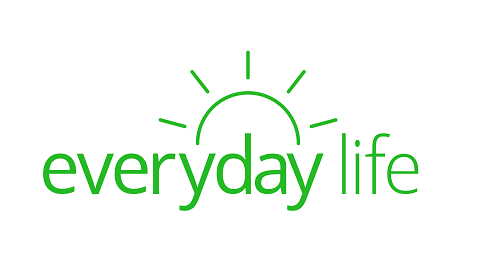Life insurance policies often go unclaimed because beneficiaries don’t notify the insurance company when the policyholder dies. Most insurance companies don’t even know the insured has died and they are also not required to inform beneficiaries who are listed on a policy.
If you’re not sure if you’re listed as a beneficiary on a life insurance policy, there are a few ways to find out. For starters, the NAIC has a database that searches for life insurance policies and annuity contracts and is just one of many databases that can help you find a lost policy. If that doesn’t work, you’ll want to check with the deceased’s estate planning attorney or financial advisor, as they should know about any life insurance policies they had.
Beneficiaries can also check bank accounts that show premium payments, mail for policy information and statements, tax returns or consult with the deceased’s last employer.
You can find more details about how to find a life insurance policy below.
KEY TAKEAWAYS
- Life insurance policies go unclaimed if beneficiaries don’t notify the insurance company when the policyholder dies.
- If you’re not sure if you have a life insurance claim, the ACLI suggests that you try the Policy Locator Service from MIB Solutions.
- Look through the deceased’s papers and address books to find out if they had any life insurance policy in their name.
- Another way to find out if you’re the beneficiary of a life insurance policy is by reviewing the income tax returns of the deceased for the past two years to check the interest income and expenses.
Life insurance search tools
If you don’t know if you’re the beneficiary of a life insurance policy, there are a few useful tools out there you can use to search for a policy:
- Your state’s department of insurance: You can find contact information for your state’s department of insurance here.
- The NAIC life insurance policy locator: This tool searches for lost life insurance policies and annuity contracts.
- Missingmoney.com: Locates unclaimed death benefits that were paid to the state.
- The National Association of Unclaimed Property Administrators (NAUPA) search tool: This is another search tool where you can search for unclaimed life insurance money that was given to the state.
How to search for a life insurance policy
If none of the search tools above yield any results, you can still find out if you are the beneficiary of a life insurance policy, though it will take a bit of extra work. The ACLI has a number of tips for those who think they might be beneficiaries of a life insurance policy:
- Contact any law offices where the deceased may have been advised: Any estate planning attorney or financial advisors the deceased worked with should know about life insurance policies they had.
- Sort through the deceased’s papers for clues: Look through bank checkbooks and/or canceled checks to see if any were written to pay premiums.
- Contact the insurance company even if you’re unsure if there is a policy: Contact life insurance companies directly by using a list from either the state insurance department or Best’s Insurance Reports found in most libraries. You’ll need a death certificate and documents that prove your identity.
- Call the employee benefits office at their last and previous places of employment: Check with the union welfare office, if warranted.
- Review income tax returns: Specifically for the past two years to look for interest income and expenses.
- Check the mail for up to one year after death for premium notices: These are usually sent annually. If the policy is paid up, there may not be any notice of premium payments due but you may still find an annual statement regarding the status of the policy or even a notice of dividend.
- Check with the deceased’s state’s unclaimed property office: Any unclaimed money from life insurance policies may have been turned over to the state.
Don’t give up if you think you have a claim
If you believe you may have a life insurance claim but proving it is difficult, the ACLI suggests that you try the Policy Locator Service from MIB Solutions. This service matches the deceased’s name against roughly 170 million records. If the policyholder applied for the policy in 1996 or after, you might find it here. Executors and administrators are entitled to order a report, but in cases where neither is available, a surviving spouse or closest relative has the right. Reports cost $75 and MIB says searches receive a 30 percent response rate.
However, one of the best resources may be other relatives. Life insurance is part of most inheritances, and where there’s a will, there’s a relative. After someone dies, everyone has an interest in seeing their affairs settled, particularly when there are funeral expenses to be paid.
Legislation attempts to help beneficiaries
Talking about death is uncomfortable, which is why many beneficiaries might not even know they are listed on a policy. But when that happens, the beneficiaries never receive a life insurance death benefit that likely cost hundreds, if not thousands, to secure. That’s why it’s so important for policyholders to discuss life insurance policy information and all estate planning matters before they die.
MIB Solutions, which tries to locate policies for beneficiaries through its database of life insurance application data, says that “it is possible, if not likely, that millions of dollars in life insurance goes unclaimed.”
That number has now reached billions.
Thankfully, individual states are creating legislation requiring life insurance companies to make a concerted effort into notifying the beneficiaries of policies. To date, 20 states have passed legislation, with more following suit.
“We are obligated to honor the terms of life insurance contracts, and anyone with questions about a policy should contact the company that issued it,” says Whit Cornman of the American Council of Life Insurers (ACLI), an industry trade group.
To get life insurance benefits, you need to know the name of the insurance company that issued the policy and the policy number.









